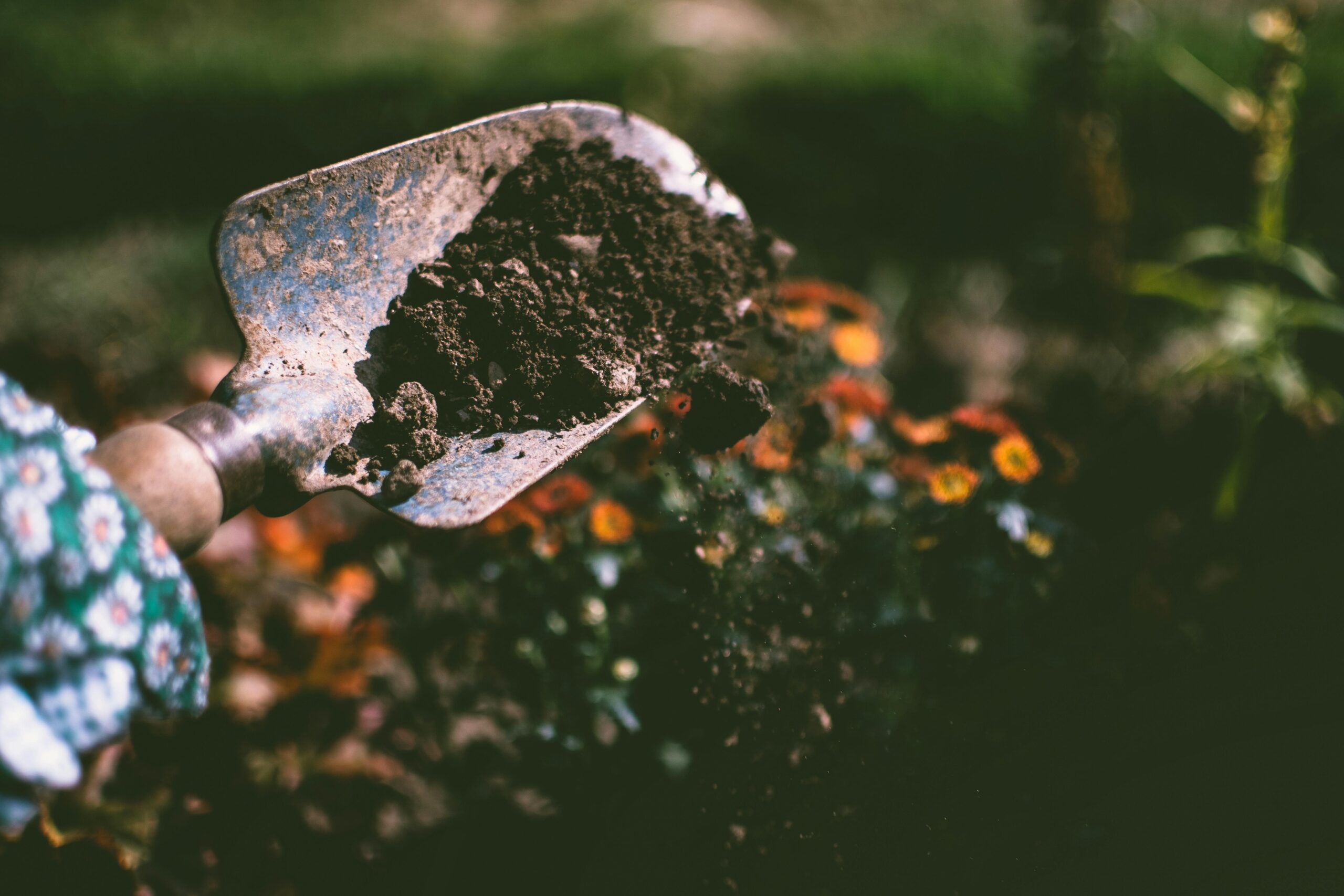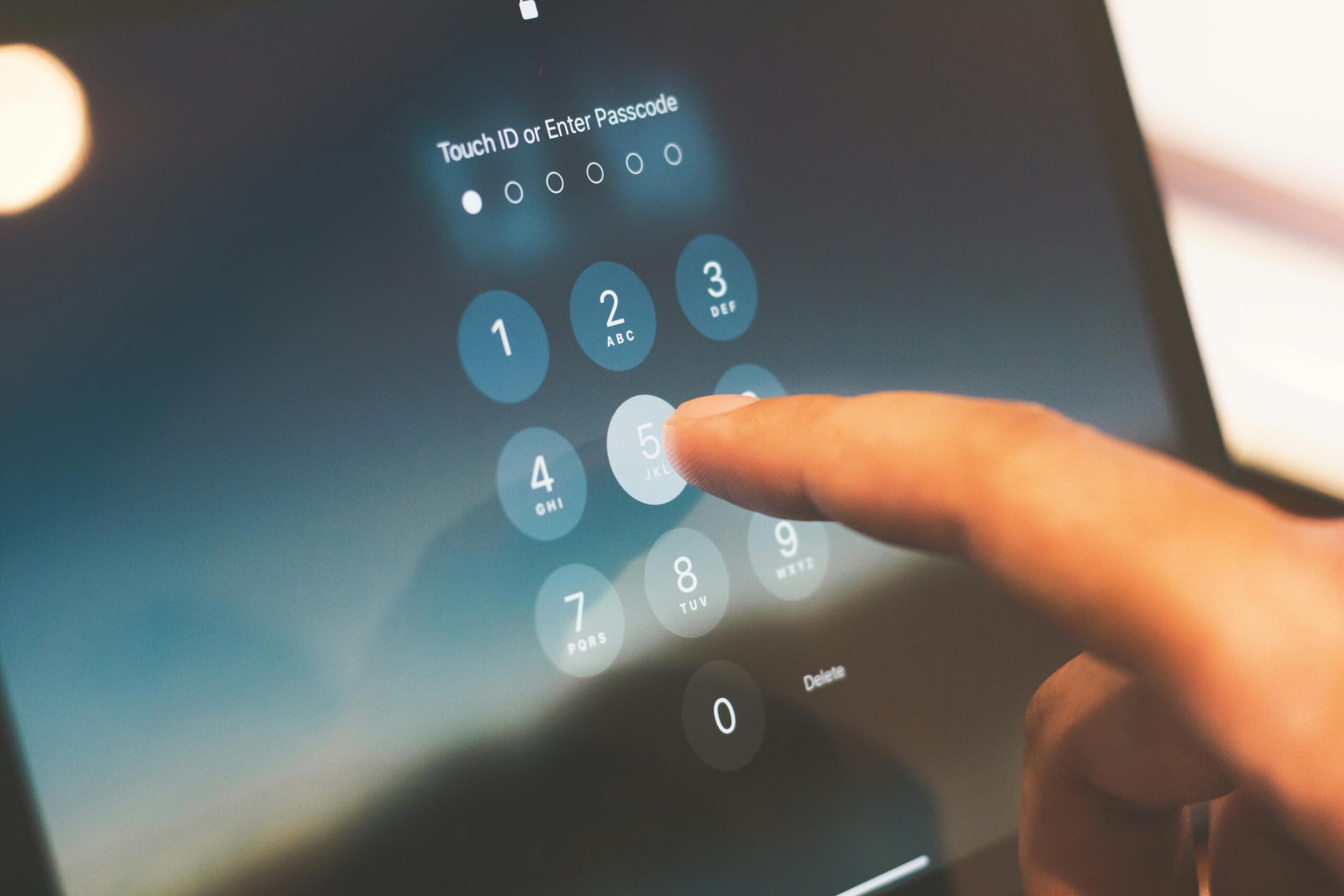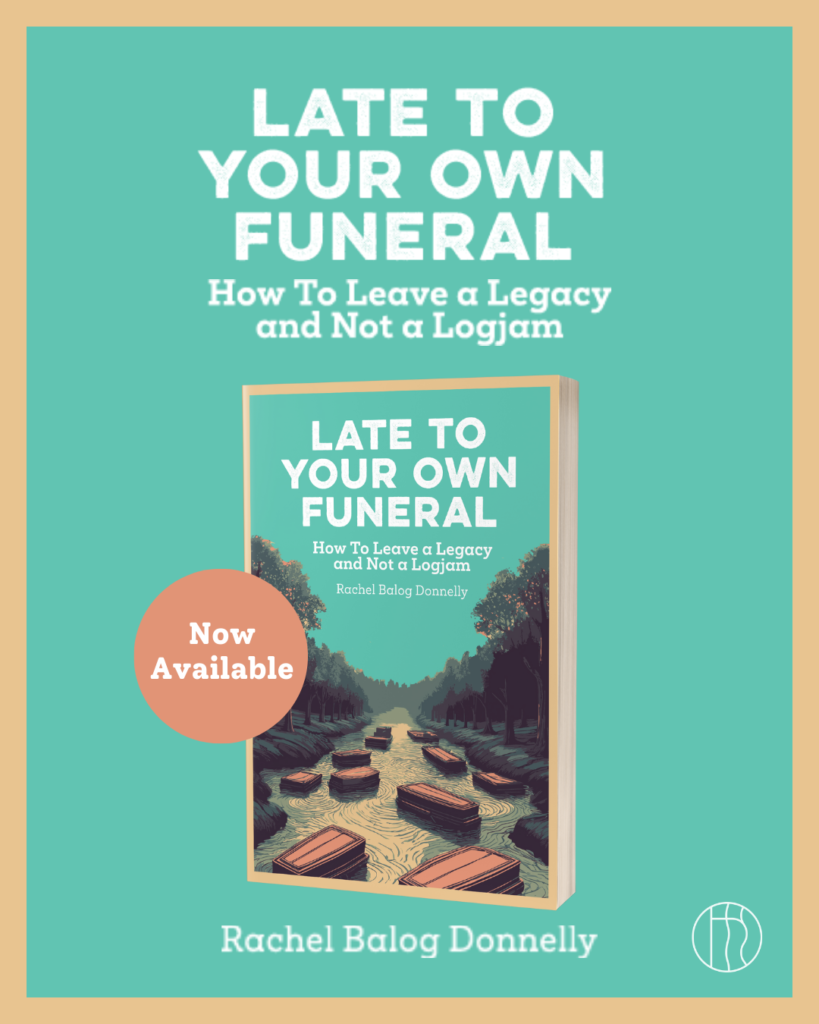Each summer, my mom would plant a vegetable garden full of tomatoes, cucumbers, and lettuce. She’d also dabble in composting—nothing fancy, just a humble pile of coffee grounds, eggshells, and veggie scraps.
These days, my sister has taken up the torch in a much bigger way. Her garden is massive, and she has a very official compost setup—one of those large tumblers in the backyard. She’s serious about her soil.
But last week, I saw a news headline that made me look at her compost bin a little differently. Let’s just say… I’ve been giving it some serious side-eye ever since.
You see, Georgia just became the 13th state to legalize human composting.
That’s right—starting July 1st, 2025, if you die in Georgia, you (or your loved ones) can choose to have your body transformed into nutrient-rich soil through a process known as terramation. Yes, like compost. No, you don’t need a garden bed waiting.
Terramation—also known as natural organic reduction—is now a legal end-of-life option in our state, joining traditional burial, fire cremation, and aquamation (aka alkaline hydrolysis, aka cremation by water).
So your choices are now:
– Fire
– Water
– Earth
Air, you’re up next?
💀 Wait… Compost?
Yes. Human composting uses a regulated, oxygen-rich process to naturally return the body to the earth over several weeks. It avoids embalming chemicals, reduces carbon emissions, and creates about a cubic yard of healthy, usable soil (for those with very ambitious tomato gardens).
There are no licensed terramation facilities in Georgia yet, so if someone chooses this option, a funeral home will have to ship the body to a licensed provider in another state. (Add that to the “Things You Probably Didn’t Know You’d Need a Shipping Label For” list.)
Cost? Usually just over $5,000—not wildly different from cremation or burial.
💧 And Aquamation?
Also known as alkaline hydrolysis, aquamation uses a water-based system to break down the body more gently than fire cremation. It’s already used in Georgia for both pets and humans and is considered highly energy-efficient.
Why Am I Telling You This?
Because most people don’t realize how many options exist until they’re smack in the middle of a loss—and at that point, your decision-making brain is running on fumes and frozen casseroles.
One of my biggest goals at AfterLight is to normalize these conversations—to help you make decisions when you’re calm, clear-headed, and not stress-Googling funeral terms at 11pm.
🤔 What Do You Think?
Would you ever consider human composting? Do these new options feel empowering? Weird? Comforting? Gross? All of the above?
These are the kinds of conversations that help us think more deeply about life, legacy, and what we leave behind (besides that drawer full of old phone chargers).
- May 29, 2025
- Legacy Planning
- By Rachel Donnelly
You Can Now Become Compost in Georgia. Seriously.

YOU MAY ALSO LIKE
Related Posts
-
April 17, 2025 Unpopular Opinion: Sharing Passwords ≠ Estate Plan






